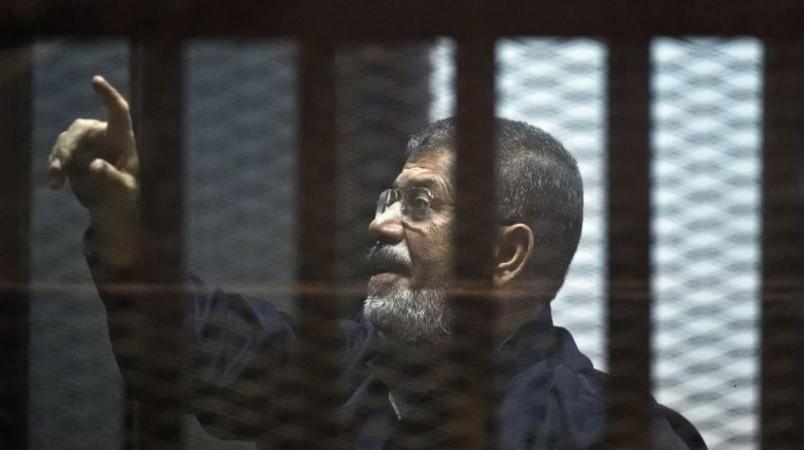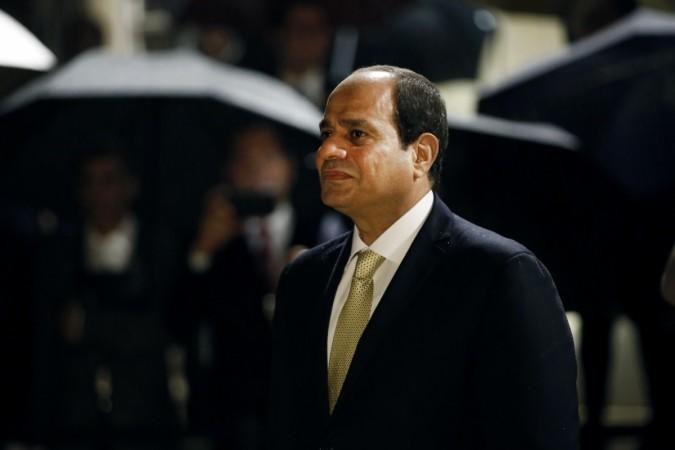
Mohamed Morsi, the first democratically elected President of Egypt, collapsed and died while attending trial on espionage charges at a Cairo court. A Public prosecutor said the 67-year-old collapsed in a defendants' cage and was pronounced dead at 4:50 pm local time on Monday. The medical report showed no recent injuries on his body, he prosecutor said.
Morsi was ousted by a military coup by Egypt's current President Abdel Fattah el-Sisi following mass protests in June 2013. He served as Egypt's president for a year after the Arab Spring uprising in 2011 propelled the end of the 30-year rule of President Hosni Mubarak.
According to Al-Ahram newspaper, Egyptian prosecutors charged Morsi with various crimes including espionage for foreign military groups, leaking classified documents to Qatar, escaping from prison during the country's 2011 revolution and inciting his supporters to kill protesters opposed to his rule during his time in office.
Prosecutors had also sought the death penalty, a move that was denounced by human rights group Amnesty International as a "charade based on null and void procedures." The death sentence was overturned in November 2016 and a retrial was ordered.
Amnesty has called for a "thorough and impartial investigation" into Morsi's death. "The Egyptian authorities must immediately order an impartial, thorough and transparent investigation into the circumstances of his death, as well as his detention conditions and his ability to access medical care," the rights organisation said.

Morsi's lawyer said his health had been poor in jail as he was known to suffer from a history of health issues including diabetes, liver and kidney disease. "We had put in several requests for treatment, some were accepted and others were not," the lawyer, Abdel-Menem Abdel-Maqsood, told Reuters.
The Human Rights Watch called Morsi's death "terrible" but "entirely predictable", and pointed fingers at the government's "failure to allow him adequate medical care."
Muslim Brotherhood reacts
In a statement to Al Jazeera, the group said: "The government of Egypt today bears responsibility for his death, given their failure to provide him with adequate medical care or basic prisoner rights."
Sunni Islamist organization Muslim Brotherhood described Morsi's death as a "full-fledged murder". The now-banned Sunni Islamist organization called for masses to gather at the funeral of Morsi, a former leader of outfit.
The former president's son, Abdullah Mohamed Morsi, told Reuters that the authorities have refused to allow Morsi's body to be laid to rest in the family burial grounds in his native Nile Delta province of Sharqiya.
"We know nothing about him and no one is in touch with us, and we don't know if we are going to wash him or say a prayer to him or not," he said, reported Reuters.
















